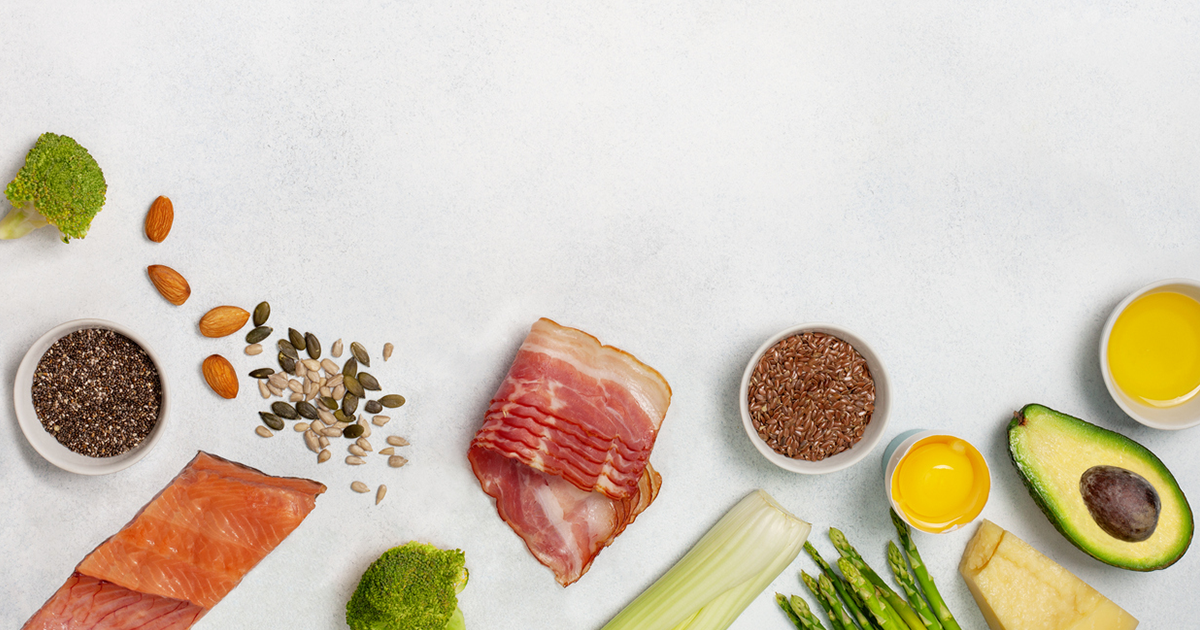Not strictly diabetes related!
I have been diagnosed with having a "mobile" 11mm gallstone which I have been told requires surgery to remove. I have a meeting with the surgeon next week and the operation will probably take place early February.
In the meantime, I have been advised to avoid fatty foods, which is a bit difficult considering I am on a very low carb diet. I don't eat fried food but I get my fat from cheese, yogurt, nuts etc. Should I cut down on these things? Or is LCHF OK?
Any advice would be greatly appreciated please!
I have been diagnosed with having a "mobile" 11mm gallstone which I have been told requires surgery to remove. I have a meeting with the surgeon next week and the operation will probably take place early February.
In the meantime, I have been advised to avoid fatty foods, which is a bit difficult considering I am on a very low carb diet. I don't eat fried food but I get my fat from cheese, yogurt, nuts etc. Should I cut down on these things? Or is LCHF OK?
Any advice would be greatly appreciated please!



